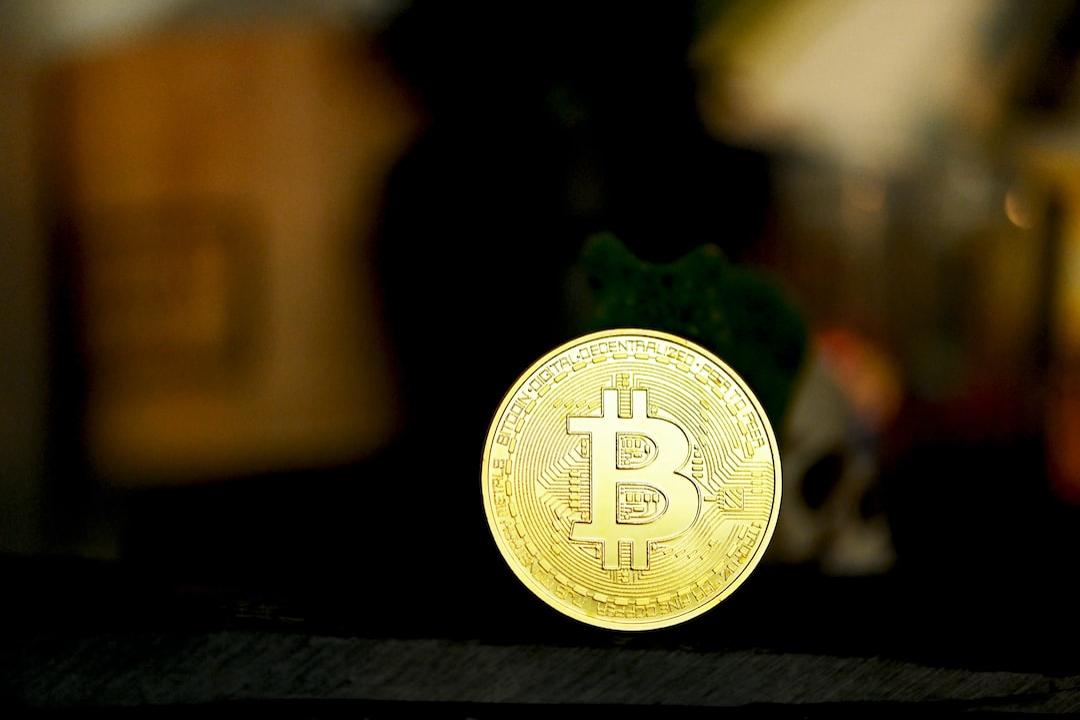Coin World News Report:
GameStop’s short selling in 2021 taught the U.S. Securities and Exchange Commission (SEC) several key lessons. SEC Chairman Gary Gensler emphasized the necessity of modernizing the stock market in his speech on Monday, partly due to the shortened settlement time.
Nearly four years ago, a retail-dominated movement against Wall Street short sellers in the “meme stocks” frenzy led to a surge in GameStop’s stock price. The restrictions imposed by several brokerage firms, which weakened the subsequent rebound that became part of stock market history and was told in books and movies, were due to the forced holding or selling of skyrocketing stocks.
Gensler, a staunch critic of the digital asset industry, attributes some of the restrictions to a lack of market efficiency. Ultimately, the transition to shorter settlement times – which experts say blockchain benefits from – improved mechanisms that stifled some GameStop investors.
Gensler said, “Many retail investors lost their opportunity to enter the market at critical moments.” “The longer the time required for trade settlement – the slower the pipeline – the greater the risk our market bears.”
There is a delay between the completion of a transaction on exchanges like the New York Stock Exchange and the full processing by a series of intermediaries, including brokerage firms, clearinghouses, and exchanges.
It is worth noting that the SEC has accused cryptocurrency exchanges such as Binance and Coinbase of simultaneously performing several roles without proper registration, while also facilitating securities trading. In ongoing lawsuits in federal courts, both companies have denied the regulator’s allegations.
Once settled through paper checks and physical certificates, the settlement window for securities is shortened as the SEC rules change. Referred to as T+2, the settlement window was shortened by two days in May, making it “truly different” for daily investors, as Gensler mentioned.
Meanwhile, the transition to T+1 affected the relationship between brokers representing the matching buyers and sellers and clearinghouses facilitating securities trading and payments.
Additional margin requirements by clearinghouses led some brokers to restrict purchases of GameStop stocks during the famous short selling period in 2021. However, Gensler stated that with the adoption of T+1, “the amount of margin or collateral that must be deposited at the clearinghouse” has significantly decreased.
Gensler’s reflection on GameStop comes after Federal Reserve Board Governor Christopher Waller made remarks last week focusing on cryptocurrencies.
When discussing the advantages of decentralized finance (DeFi), he described how intermediaries historically provided value but now face competition.
As reflected by the popularity of centralized cryptocurrency exchanges, Waller believes that DeFi can complement existing financial markets rather than replace traditional systems. Along these lines, he said that distributed ledger technology (DLT) like blockchain could be an “efficient, fast way to store records,” and smart contracts flatten transaction structures.
Waller said, “Smart contracts can effectively combine multiple aspects of a transaction into a unified behavior.” “This can provide value because it can reduce settlement-related risks.”
Companies like tZERO are building blockchain-based markets for private securities. The Utah-based company has received approval from the SEC and the Financial Industry Regulatory Authority (FINRA) to serve as a custodian for digital assets sold as securities last month.
By early 2025, the company plans to “fully digitize” its series A preferred stock. But the vision of Wall Street leaders for cryptocurrency-based markets goes far beyond this.
Larry Fink, CEO of BlackRock, cheered that tokenization will become the “next-generation securities” in 2022. He said that trading assets represented digitally on the blockchain will provide market participants with “instant settlement” and “lower costs.”
With the rise of cryptocurrencies, financial firms are also exploring other inherent features of blockchain, such as its 24/7 operating schedule in the trading environment. The cryptocurrency market never closes, which presents both opportunities and risks.
In April, the Financial Times reported that the New York Stock Exchange is exploring round-the-clock trading. This development would greatly disrupt the exchange’s conventional six-and-a-half-hour trading window, which has been in place since 1985.
Editor: Andrew Hayward
Subscribe to Updates
Get the latest creative news from FooBar about art, design and business.
GameStop Meme Stock Frenzy Triggers Market Transformation States SEC Chair Gensler
Add A Comment

